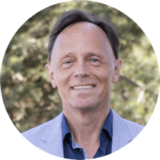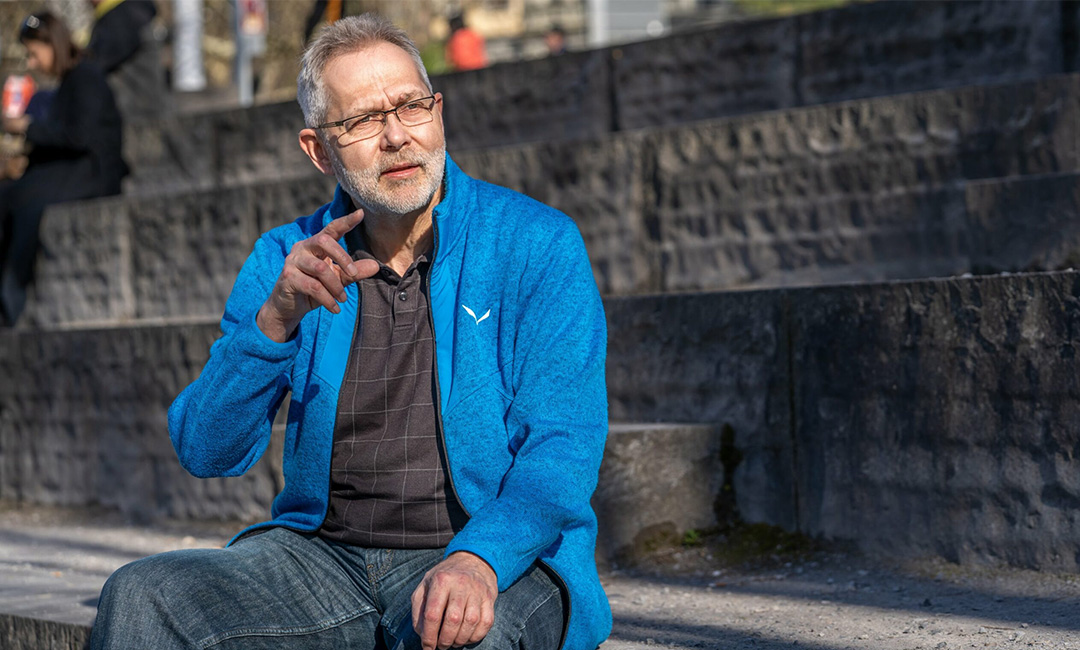
A tale of solar power systems and certified diplomas
What does building solar power systems in Florida have to do with certifying university diplomas? Surely not a single thing. That is, unless you know the story of Robert Ott.
After completing his master’s degree in Australia, Robert Ott returned to Switzerland 25 years ago, where he went on to co-found and support various start-ups. During a career break in Florida, Robert came into contact with bitcoin and the blockchain for the first time. He told us in an interview how he ended up working for SWITCH and about his experiences of the transformation here.
Robert, your life seems to have been quite an exciting journey. Tell us: how did you end up joining SWITCH?
Well, where to start? After finishing my master’s degree in Australia, I returned to Switzerland in 1996. Here I founded and supported various start-ups working in the areas of Java services, home automation and single sign-on. In 2015, I decided to take a career break and moved to Orlando, Florida. During my time in Florida, I looked into a range of different topics, one of which was solar power systems. I had installed a rather large solar power system and was looking for a way to use the excess energy when I came across the topic of blockchain and bitcoin. And then after making some calculations on Bitcoin mining, I realised I’d be better off buying bitcoins than generating them through mining. After reading the bitcoin white paper by Satoshi Nakamoto, I was so fascinated with the idea of blockchain that I gave it every bit of attention I had. At the end of 2019, I then decided to return to Switzerland and focus on blockchain in my professional life, too. At that same time, I was in touch with a former colleague, who just so happened to be Marco Dütsch from SWITCH. Back then, he told me that SWITCH was looking into the ‘verification of diplomas based on blockchain’. I then joined SWITCH in February 2020 and launched the SWITCHverify project, which deals with the certification and verification of university diplomas.
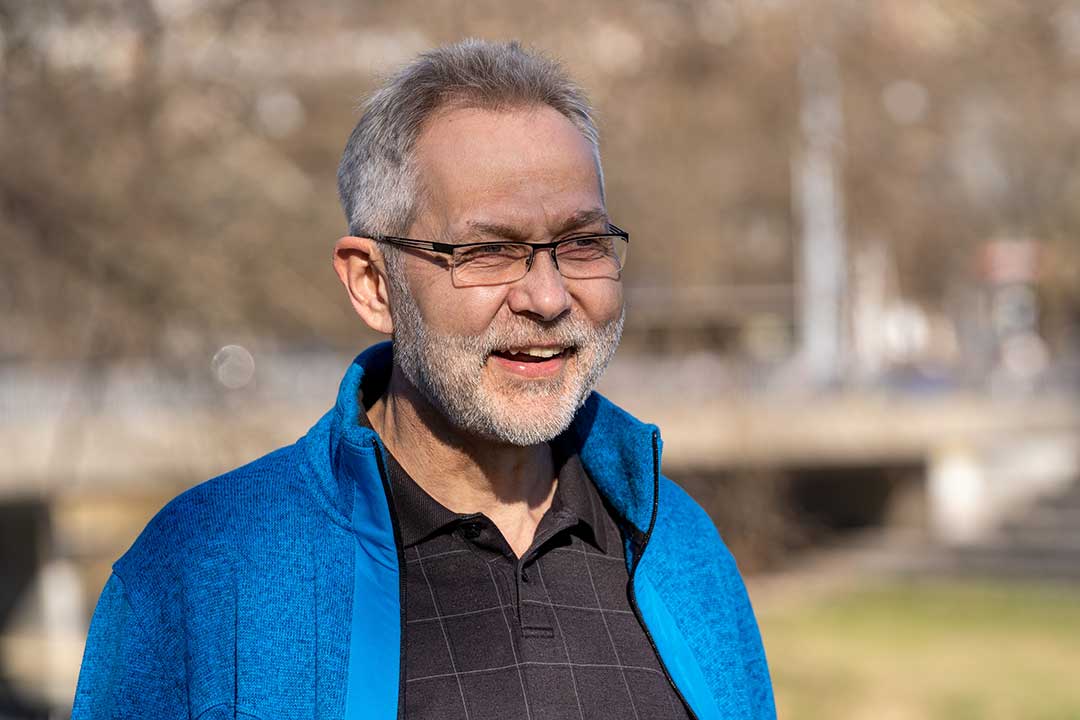
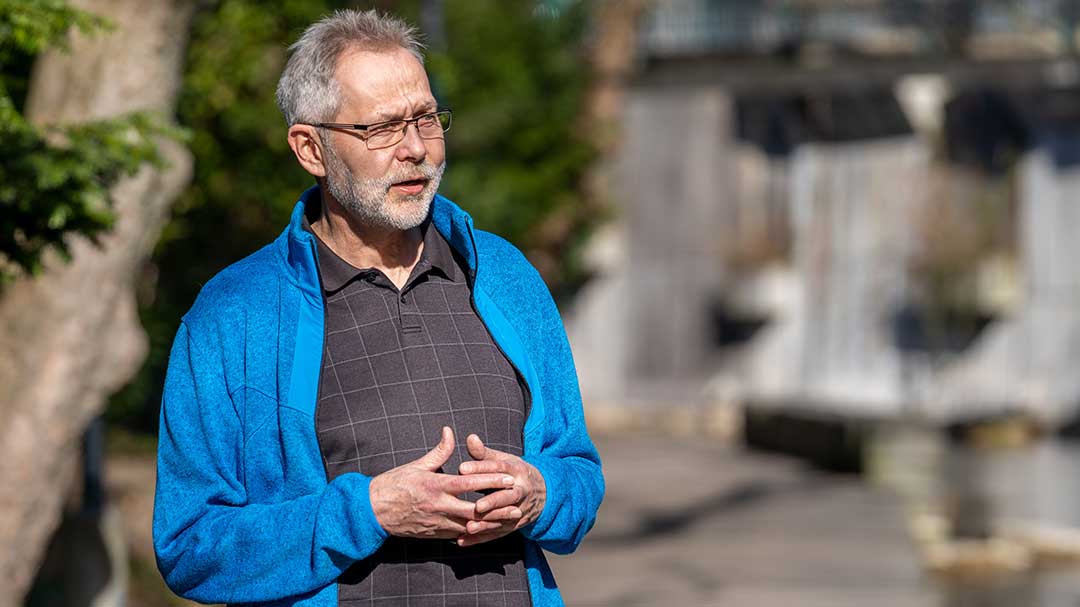
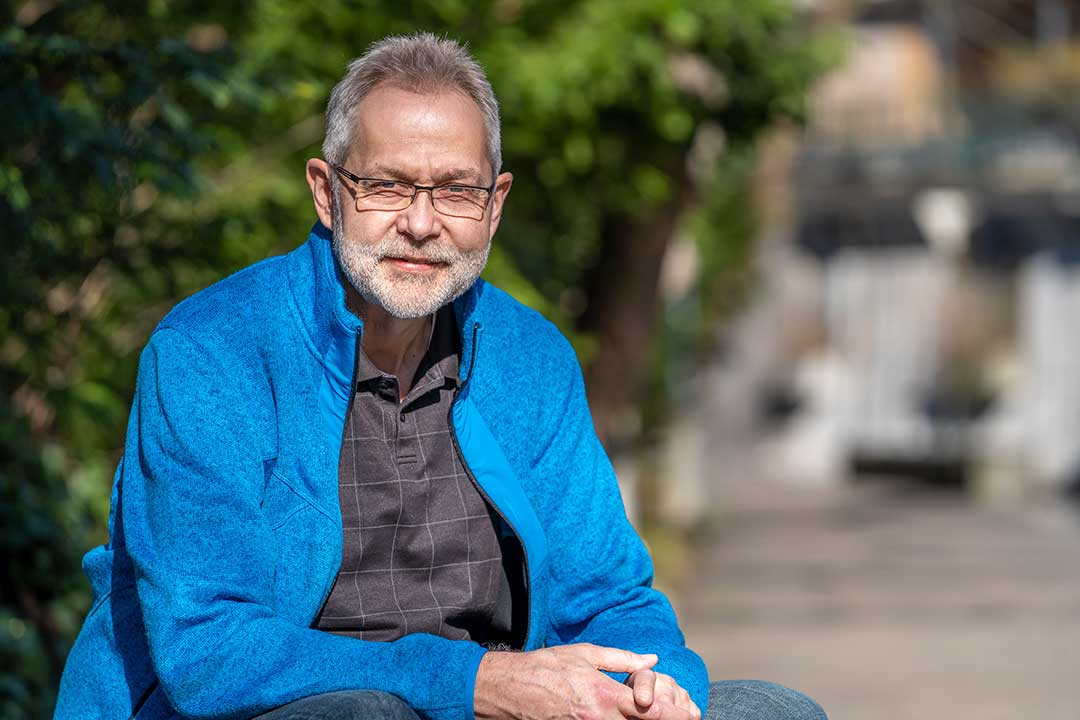

What has changed since you started?
I initially signed on to work for the SWITCHverify project for the project’s two-year term. During this time, I got to know and value the SWITCH environment along with its many talented employees. After my two years were up, I realised I didn’t want to say goodbye to that open, friendly atmosphere, or to the high technical expertise of the employees working there. During this time, SWITCHverify developed into an operational service. After various meetings with SWITCH, my contract was extended and I’m now working hard on the blockchain innovation project.
How do you generally approach changes in life?
It takes time to get to know yourself better. If you look at my career history, change is really the only constant in my life. So change generally tends to be something that draws me in. It could be that I’m motivated by the uncertainty of change and waking up every day and contributing to different projects and topics. And there we have our next topic, the SWITCH transformation.
SWITCH is just starting its transformation. What does this mean for you?
Well, I don’t actually believe we’re just starting our transformation – I think we’re already well into it. We’re already noticing changes in some areas while old ones are disappearing, with the good here to stay and new issues getting addressed. Unfortunately, people leaving the company and new talent coming on board are also part of the transformation process. I think this is due to the nature of the transformation. For me, transformation means that SWITCH has the desire to change and is transforming this desire into action. It also means new structures and processes in daily working life.
What new challenges have you faced in this respect?
Unfortunately, the transformation also coincided with the pandemic. We all found ourselves working from home every day, and had to get used to not seeing each other in person. The positive side of this was that we discovered that a lot of things are possible remotely that we previously never thought could be. The downside was that I struggled with not being able to interact with people directly in person. In the early days, even the transformation therefore felt rather vague to me. A lot of PowerPoint slides about things I didn’t understand.
Such as?
The first noticeable result of the transformation was that we had to start each meeting with a check-in and end it with a check-out. At first, this was strange, but over time, it became exactly what virtual meetings are missing: getting a sense of where participants are currently at with the topic, what they’re dealing with and so on. After the eye-opening experience with the check-in and check-out, I tried to take part in all info calls about the transformation.
Did this help make the transformation more tangible for you?
The entire transformation become much, much clearer when we all met in person in the Papiersaal at Sihlcity for the first SWITCH Transformation Day. That was the first time the true significance of the transformation hit me. From the SWITCH side, the event was a huge investment and I think it helped everyone enormously with understanding the transformation.
What has the transformation taught you?
I’ve never been part of a transformation in a company of SWITCH’s size. The previous companies were either much larger (UBS, Swisscom, etc.) or very small, like start-ups. The transformation allowed me to get to know new processes and procedures I’d also like to use in the future.
How do you imagine the transformation will change SWITCH?
I believe our environment and therefore also our community are constantly evolving. SWITCH will benefit from the transformation by being able to adapt to changes in its environment more easily. But I also believe that SWITCH can become more established outside the higher education community, which would raise its profile in Switzerland as a whole.
What is something you’ve discovered that you’d like to share with others also currently undergoing a transformation?
I think being open to change is key. Instead of criticising something straight away, you should first accept the change. Being able to accept the transformation could mean having to change something about your own attitude.
Thank you, Robert, for this interesting discussion..
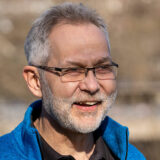
Robert Ott
He developed the SWITCHverify service and brought it to market maturity at the end of 2021. Today, he is in charge of the Blockchain innovation project. Prior to that, he worked for various start-up companies in the field of innovation in Switzerland and the US. He completed a Master’s degree in Computer Science at the University of Wollongong in Australia.

